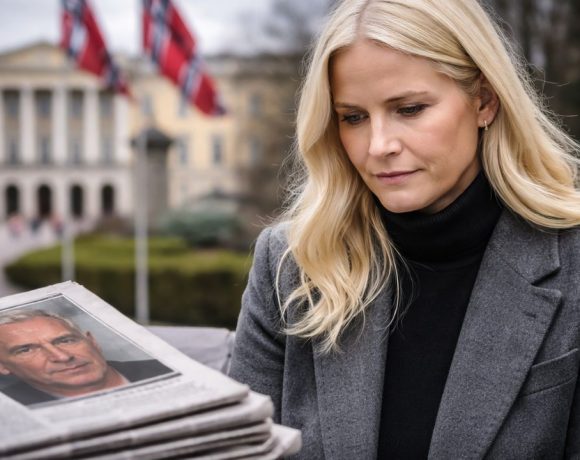
Sweden’s government announced plans to tighten citizenship rules, extending the required residency period from five to eight years, introducing a minimum monthly income threshold of 20,000 Swedish crowns ($2,225), and requiring applicants to pass a language and cultural knowledge test. Migration Minister Johan Forssell said the stricter measures aim to ensure applicants understand Swedish society and meet basic economic and social standards.
The new rules also impose longer waiting periods for individuals with criminal records. For instance, someone who served a four-year prison sentence would have to wait 15 years before applying for citizenship. The changes are part of a broader effort by the centre-right coalition to restrict immigration, which has been a contentious issue in Swedish politics since the large influx of asylum seekers in 2015.
The anti-immigration Sweden Democrats, supporting the minority government, have linked past immigration policies to rising gang-related crime. The stricter citizenship rules are expected to come into force on June 6, coinciding with other planned measures aimed at tightening asylum policies.
Pic courtesy: google/ images are subject to copyright









